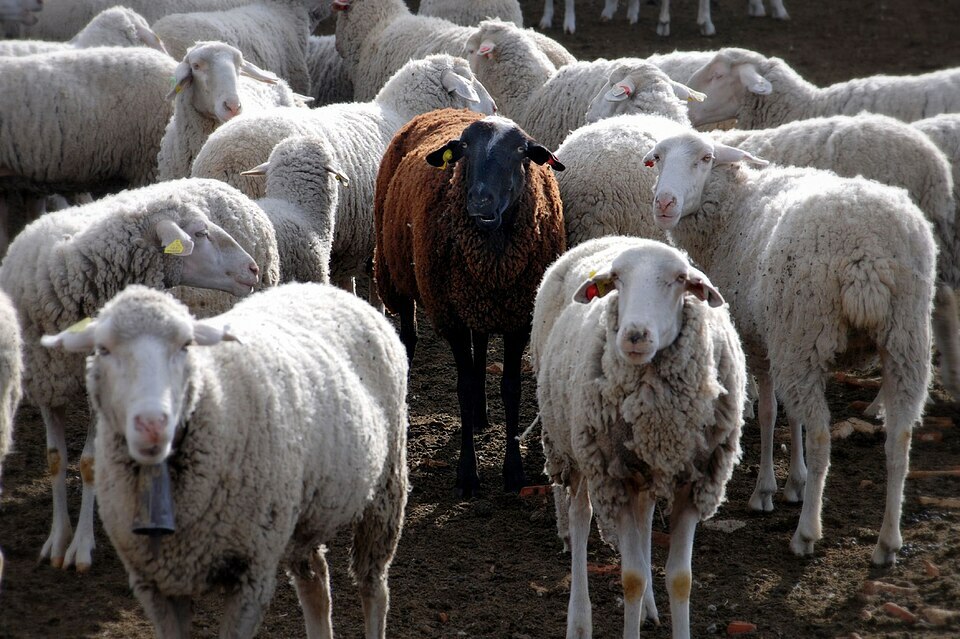
Numbers 16:3 — “And they gathered themselves together against Moses and against Aaron, and said unto them, Ye take too much upon you, seeing all the congregation are holy, every one of them, and the Lord is among them: wherefore then lift ye up yourselves above the congregation of the Lord?”
Just as false shepherds harm the flock, so rebellious sheep endanger the church. Korah and his followers rose up against Moses and Aaron, accusing them of pride and self-exaltation. Their rebellion was not merely against men but against God, who had appointed those leaders. The result was judgment that consumed the rebels and vindicated the shepherds.
Rebellion often disguises itself in noble-sounding arguments. Korah claimed equality: “all the congregation are holy.” But beneath his words was jealousy, pride, and refusal to submit to God’s order. Rebellious sheep often cloak their resistance in spiritual language, but their motives are self-centered.
The tragedy is that rebellion harms not only leaders but the whole flock. Korah’s company perished, and many others were drawn into their sin. Division spreads quickly when sheep resist shepherds. Unity is shattered, testimony is damaged, and God’s work is hindered.
For pastors, this truth is both painful and clarifying. They must not be surprised when resistance arises, for even Moses faced rebellion. But they must also remain faithful, leaving vindication to God. The shepherd’s call is to lead, not to quarrel for his position.
For the flock, this passage is a warning. To resist faithful leadership is to resist God’s design. To murmur against His appointed shepherds is to endanger oneself and others. The wise sheep submits with humility, trusting that God works through the order He has established.
The antidote to rebellion is gratitude. When we thank God for faithful shepherds, we are less likely to resist them. A humble, thankful flock is a united, healthy flock.
